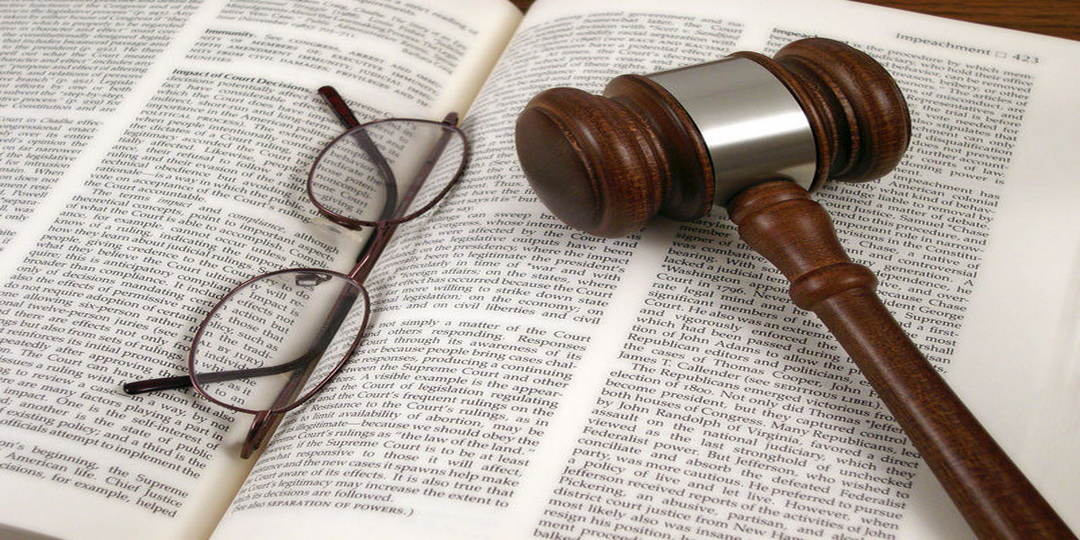Declaring the state of emergency in the Republic of Serbia and the consequent set of measures introduced by the competent state authorities inter alia took a place in reorganization of the work in a field of judicial system.
On 17th of March, 2020 the Ministry of Justice of the RS has established through the Recomendations a frameworks for courts and Public enforcement officers actions upon active and new in the state of emergency due COVID-19 outbreak. The work courts and Public enforcement officers was concreted through enaction the Conclusion of High Judicial Council, on the one hand and Instructions of the Public Enforcement Officers’ Chamber, on the other hand.
The scope of the courts work
Through the Conclusion of High Judicial Council no.119-05-132/2020-01 from 18th of March, 2020 first of all and in accordance to scope of the courts work in the territory of the Republic of Serbia, was determined that only and solely non-delayed enforcement proceedings will be conducted during a state of emergency. In all other cases, enforcement actions shall not take from the declaration until termination of the state of emergency. By this Conclusion of the HJC it is specified that non-delayed trials in the substance of enforcement proceedings shall be considered as enforcement of enforceable documents only related to family relationships
What does this mean in practice?
In accordance to the above-mentioned Conclusion of the HJC it means that during the state of emergency courts in the Republic of Serbia will not decide the motion for enforcement (both those received before the declaration of the state of emergency, which decisions have not yet been rendered, or those motions for enforcement that arrive during the state of emergency). Also, in active cases shall not be taken enforcement actions, unless it requires the motion for enforcement based on an enforceable document (enforceable judicial decisions, final decision rendered in administrative proceedings or court settlementes, etc.) in connection with family relations, i.e. active cases derived from family relations.
The scope of the Public enforcement officers
On the other hand, the Recommendation of The Ministry of Justice of the RS no. 740-08-330/2020-05 from 17th of March, 2020 which is related to the acting of the Public enforcement officers during the state of emergency declared on 15th of March, 2020 is concretized by Instructions of the Public Enforcement Officers’ Chamber no. 29/20-2 from 18th of March, 2020.
As stated by this act, Public enforcement officers and courts shall not rule on the enforcement motion during the state of emergency. Also, following given Instructions, Public enforcement officers shall not carry out acts the enforcement in cases for collecting a monetary claim and for collecting a non-monetary claim. Peculiarly, Public enforcement officers shall not carry out acts of the enforcement in case of the implementation of enforcement on sale of the enforcement debtor’s immovable property, sale of the enforcement debtor’s movable assets, joint sale of immovable property and movable assets, transfer of the enforcement against debtor’s wage or salary, compensation in lieu of wage, i.e. compensation in lieu of salary, retirement gratuity and other constantly emoluments, as well by surrendering of the enforcement debtor’s movable assets and vacating and surrendering of the enforcement debtor’s immovable property.
Аs a further matter, Public enforcement officers shall not be taken enforcement actions in enforcement and security interest proceedings on the basis for settling monetary claims arising from utility services and related activities in which the enforcement debtors concluded an agreement on a payment of a debt in installments, even if this agreement would be contempted, noting the given possibility for those who assumed the mentioned obligation to temporarily stay the payment during the state of emergency without occurring any consequences. Pursuant to the Instruction, enforcement officers should provide to enforcement debtors a notice of given possibility per electronic means of communication or telephone, and at any rate by publicing on the Chamber’s website.
On the occasion of the postponement of enforcement in all the above cases, and even in those cases where conducting of enforcement against debtor’s wage or salary or retirement gratuity already started, the Instruction of the Chamber requires Public enforcement officers to send appropriate notices not only to enforcement debtors, but also to the Pension and Disability Insurance Fund, but also to the employers as well.
Accordingly, Public enforcement officers are obligated to inform the Pension and Disability Insurance Fund by general memo and by email that Fund should not suspend part of the pension to executive debtors according to conclusions and decisions issued in the previous period, all by the end of the state of emergency. As well, the employers should be informed either per email or on the other convenient way about necessity of postponing the enforcement till the end of the state of emergency, in case of the implementation of enforcement against salary of the debtor.
For the purpose of implementing mentioned Instruction, i.e. the obligation of notification, the Public Enforcement Officers’ Chamber has published a statement on its website, which you can find by clicking the link below http://www.komoraizvrsitelja.rs/?q=vesti/
However, it is important to know that Instruction no. 29/20-2 from 18th of March, 2020 of the executive board of the Enforcement Officers’ Chamber, which defines the cases in which the enforcement actions should not be taken by the Public enforcement officers, doesn’t refer to certain procedures in which the execution will continue unhindered and despite the declaration of a state of emergency.
Namely, it is about the proceedings for settling monetary claims on the basis of statutory maintenance, compensation for health impairment, annuity for complete or partial loss of working capacity, and annuity for maintenance that is lost due to the death of a maintenance provider, then setting welfare disbursements in accordance with the regulations on social protection, temporary unemployment benefits, income stemming from the law which regulates financial support for families with children, scholarships and grants for school and university students, and on basis of preliminary or interim measures as well.
Declaring of the state of emergency and proposing of such Instructions shall not lead to deferring enforcement where the instrument of enforcement is debtor’s bank account if the debtor is a legal entity, as neither enforcements on debtor’s bank account where debtor is a natural person, except in the case of transferring of the enforcement debtor’s salary i.e. compensation of salary, retirement gratuity and other constantly emoluments.
Either it is about the proceedings which shall be postponed, or not, the Public enforcement officers will be accessible to the parties and to the participants in the proceedings, still during the communication shall be consistently complied with the principle of written proceedings. When required, the working with parties and participants in the proceedings will be arranged by telephone, video calls, e-mail, or platforms that allow the transmission of tone and image. As well, during the state of emergency it will be allowed to consult or examine the case file only when it is urgent and if it is required by particularly justified reasons, which implies the case when due to the prohibition party could suffer irreparable damage or damage that would be hard to repair. The receipt of the submissions in new circumstances will be done mainly by mail, or only in emergencies it will be done directly, but all with due precaution.
Disclaimer: This text is written for informational purposes only as well as to give general information and understanding of the law, not to provide specific legal advice. For any additional information feel free to contact us.
Disclaimer: This text is written for informational purposes only as well as to give general information and understanding of the law, not to provide specific legal advice. For any additional information feel free to contact us.

Knićaninova 3
11000 Belgrade
Serbia
+381 11 3222 921
+381 11 3222 922
+381 11 3222 972
• Blog
• Careers
• Privacy Policy


